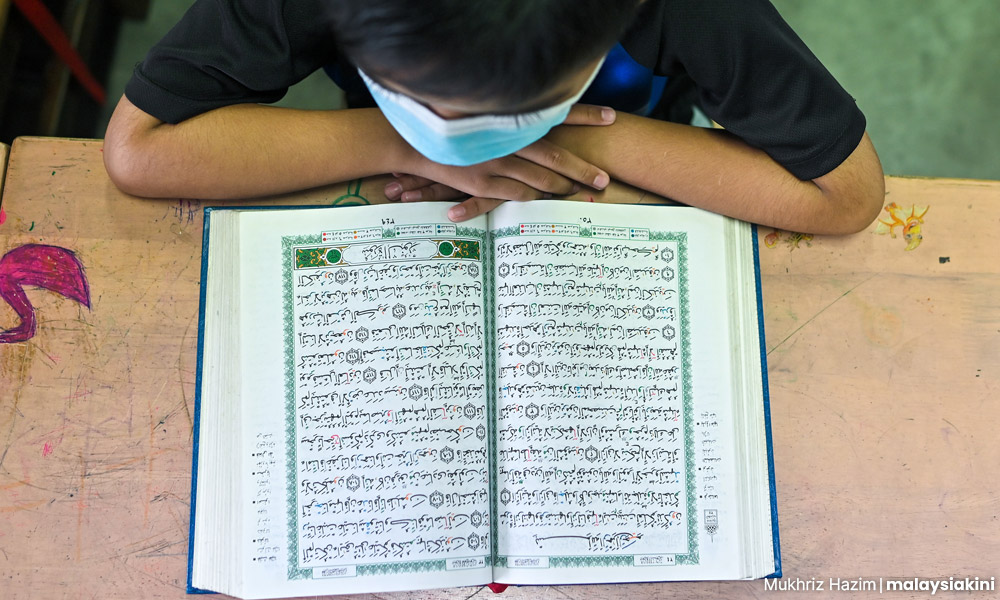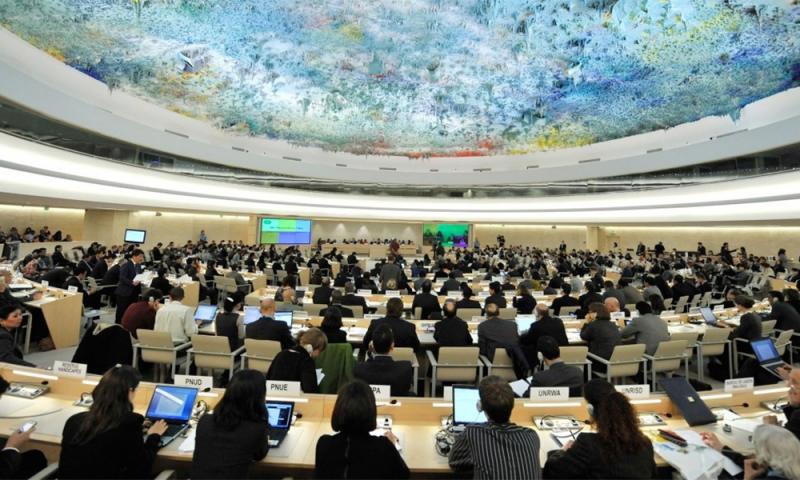LETTER | Human rights is about respecting spirituality too
LETTER | The Association for Welfare Community and Dialogue (ACID) welcomes the United Nations Human Rights Council’s approval of a resolution that urges countries to “address, prevent and prosecute acts and advocacy of religious hatred”, after incidents of Quran-burning in Sweden.
The resolution was strongly opposed by the US, European Union and other Western countries, which argued that it conflicted with laws on free speech.
The resolution was passed, with 28 countries voting in favour, 12 voting against and seven abstaining.
It is a pity that there seems to be a division between the West and East on this resolution, in regards to what constitutes human rights.
According to a French envoy, human rights were about protecting people, not religions and symbols while Pakistan’s foreign minister said such acts like burning of the Quran were an “incitement to religious hatred, discrimination and violence”.
It is obvious that the West, which is highly securalised, tends to deny its own Christian roots and personalities that have contributed to its religious symbols that have enlightened its culture over the centuries.

The core difference emerges from the attitude of the West that denies the sacredness of human dignity that has its roots in religion and spirituality.
The rights of individuals do not emerge in a vacuum but by its spiritual interdependent relations - that respect and empathise with the beliefs of others.
It is vital that the resolution should not be merely on the opposition to the burning of the Quran in Sweden or elsewhere.
It should also address religious bigotry and repression against minorities in countries like India, Pakistan and Saudi Arabia.
Unless such a comprehensive approach is taken in dealing with hate speech that targets and discriminates against minority communities, the resolution would merely be seen as hypocritical and politically expedient.
Therefore, it is hoped that UN resolutions that urge countries to “address, prevent and prosecute acts and advocacy of religious hatred” should be a way forward in addressing injustice against minorities in the respective countries that have supported and not supported the resolution.
The views expressed here are those of the author/contributor and do not necessarily represent the views of Malaysiakini.
RM12.50 / month
- Unlimited access to award-winning journalism
- Comment and share your opinions on all our articles
- Gift interesting stories to your friends
- Tax deductable
